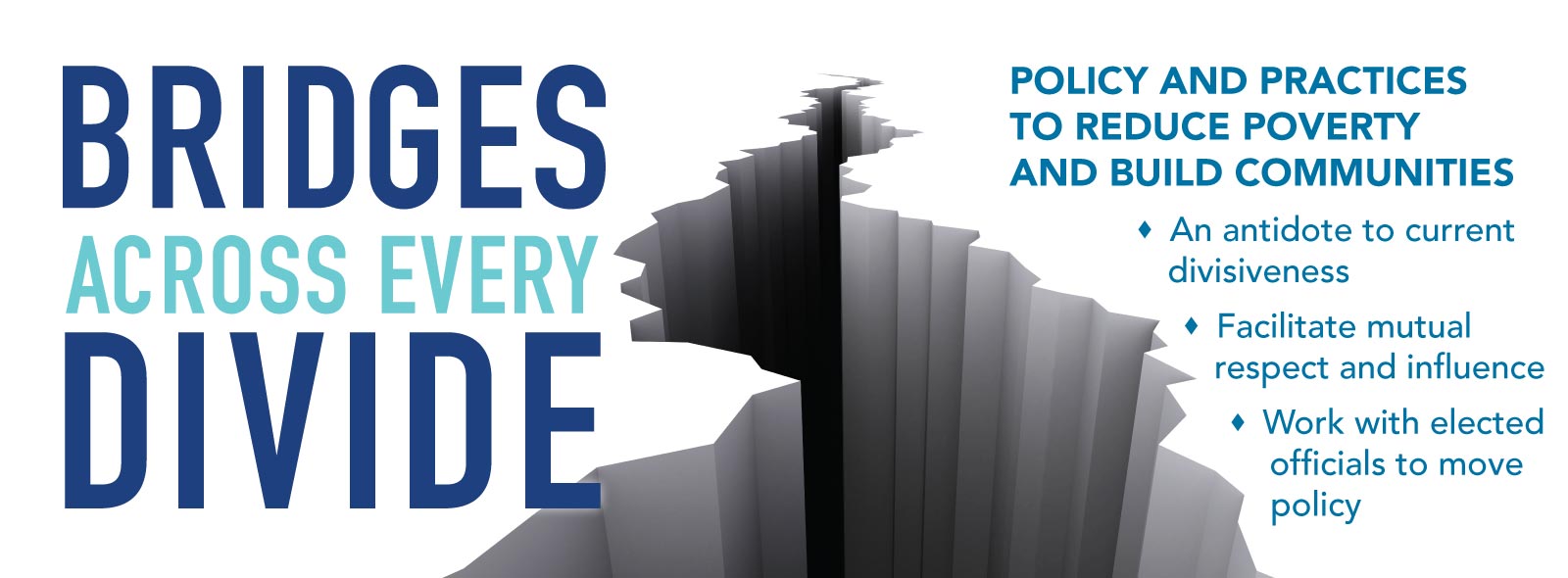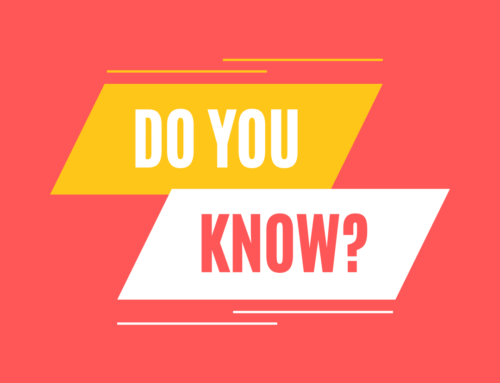 There are small things that make life for the poor and working poor harder than life in the middle class, and in this case when it happened to me, it also caused me to have slower reflexes. Read on to find out how.
There are small things that make life for the poor and working poor harder than life in the middle class, and in this case when it happened to me, it also caused me to have slower reflexes. Read on to find out how.
When you, the middle class, stop at the gas station to fill up, you do fill all the way up, and you use your credit card. While pumping next time, discreetly note the amounts owed registered on the surrounding pumps. This will tell you the economic health of the community.
For the middle class and ruling elite, we just run our credit cards through the reader and pump away. You can tell as those amounts are $43.67 or $34.82 or some other near-random amount on the gas pump.
Conversely, there are other totals showing $20, $10, or even $5. Once, in Richmond, Indiana, I saw a $3 amount. If you don’t make a living wage, filling up can take half a day’s pay or more. These totals are from people who, for whatever reason, do not use credit cards and have to go into the station before pumping and pay with cash. When all the pumps were paid in cash, like in Youngstown, I knew the area faced challenges.
This summer I was asked to attend a conference in Fort Worth, Texas, hosted by aha! Process, the publisher of our book, Bridges Across Every Divide, for training and to give a short presentation. Flying in today’s America is a pain. I planned on driving from Ohio as I love my convertible, and I was going to stay with that most dear and rare of people to me, a friend from my pre-political days. I planned to set off from Ohio to Texas, about a thousand miles each way, looking at the crops and countryside.
 I was leaving our farm on Sunday at o’dark thirty, but on the Thursday before leaving, when beginning the process of filling up my car with gas using a credit card, the pump’s message board informed me that I had entered the ZIP code wrong. I went in and paid for the gas inside and then went out and completed the pumping.
I was leaving our farm on Sunday at o’dark thirty, but on the Thursday before leaving, when beginning the process of filling up my car with gas using a credit card, the pump’s message board informed me that I had entered the ZIP code wrong. I went in and paid for the gas inside and then went out and completed the pumping.
But…this was the second time that month I had encountered the issue of my not typing in the ZIP code correctly. Hmmm…this made no sense.
I called my credit card company that afternoon, and they informed me matter-of-factly that I had changed my address to Indianapolis, Indiana.
Well. Indy is a wonderful city, and aha! Process will have their annual conference there in September 2019, but I am a Buckeye from Ohio. I have not moved to Indy.
I chatted with the credit card company some more, and it turns out that someone using my personal information had called them and requested the change of address. No, there were no odd charges to the account. Just the address change.
But the credit card company was insistent that we now cancel that card and they would ship me a new one via FedEx. I explained I was about to go on a long business trip and needed to leave Sunday. They guaranteed, and I emphasize guaranteed, I would have my card by 4:30 p.m. on Saturday.
No card arrived on Saturday.
After searching through the couches for loose change and odd pockets for extra dollar bills, we scavenged up a couple hundred dollars. I decided to start off on Sunday with my spare credit card for emergencies and to pay the one hotel I would need on the way back. I planned to stop in Muskogee, Oklahoma, to chat with one of the most innovative Bridges communities in the country.
So I am off on my adventure. I quickly learn that paying for gas via cash is a royal pain. I go in, wait in line, give the clerk a $20 bill, realize I have misjudged the amount of gas I needed, and only pump $18 worth. I go back in, wait in line, get my two dollars, and then drive off. I notice people in Audis and beamers pumping their gas, using their cards, and not having to go into the gas station. I am jealous. How far I have fallen from the bourgeoisie tree…
But on my arrival to Fort Worth, since I am staying with a friend, we go out every night to eat and see a different part of a really nice city. One night we eat at a nice restaurant, a place that costs real money.
When the check comes, I reach for it, but I am careful to keep my reactions just a little bit foggy and dull, so my friend gets to it first. Here I am, mooching a free room and also mooching food. My self-esteem is taking a hit. (Okay, I do have a lot of self-esteem to sacrifice, so it is not that devastating. And my friend just retired from a really good job. I mean really good.)
Even on the way home to Ohio, stopping in Muskogee for breakfast with wonderful Bridges folks, I am still suffering from slow reflexes, and I let the local folks pay for breakfast. I obviously have no pride. And even less cash at that point.
The main takeaway for me was that life without a credit card stinks. That is why surveys of the poor show that building credit ranks a hair below getting a job on the list of things to improve their lives.
I was under constant stress watching my gas gauge and counting my money, and pumping gas took a good 20 minutes longer than it did for the Audi drivers.
Oh, and my diet was in jeopardy. Gas stations know what they are doing, and when you go in to pay and have to wait in line six-deep with other people like you who can’t use a credit card, all this sweet and savory junk food is right there. It smells so good. Along with lottery products. And tobacco products. And everyone else in the line was buying these items, so I could understand the huge social norming that goes on to buy these products. Fortunately for me, I had no spare cash, so I just paid for gas and drove on, the lizard part of my brain shouting at me about leaving behind those Krispy Kremes.
The point of all of this is that you can understand one aspect of poverty simply by foregoing the credit card when pumping gas. Everything takes longer, and there are temptations that you are normally not subjected to enduring. It is the “lite” version of a poverty simulation. Try it sometime. It is suffering you can suffer through.
I ended up back on the farm in Ohio with $18.35 leftover. Plus an insight I never would have had before.
Eugene K. “Gene” Krebs spent eight years in the Ohio House of Representatives, three years on a local school board, and four years as a county commissioner. With Phil DeVol he is coauthor of Bridges Across Every Divide.








